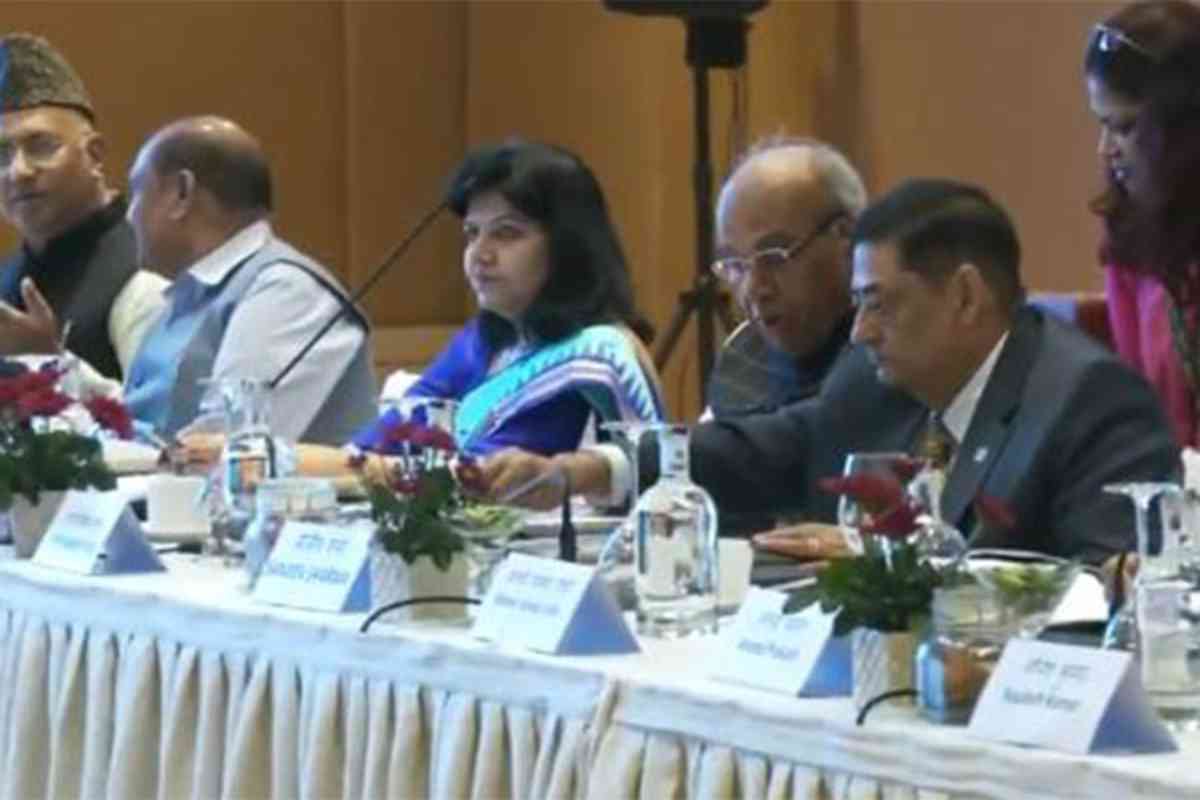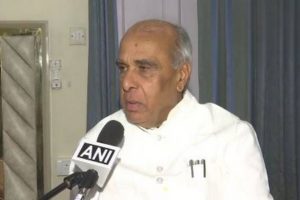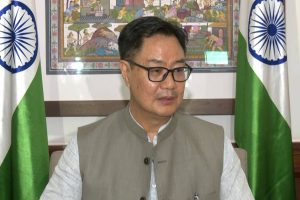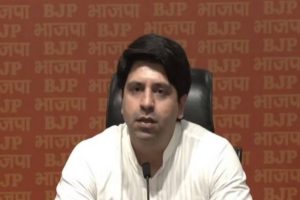The meeting of the Joint Parliamentary Committee (JPC) meeting on the Waqf (Amendment) Bill, 2024, chaired by JPC chairman Jagdambika Pal began in Assam’s Guwahati on Saturday.
The meeting is part of the JPC’s study tour in five cities namely Guwahati, Bhubaneswar, Kolkata, Patna, and Lucknow from November 9 to November 14 to examine the bill.
Speaking to ANI ahead of the meeting, Jagdambika Pal said that representatives of the Assam government, state waqf board, state minority commission, lawyers of the High court and other stakeholders will participate in the discussion today in Guwahati.
“We will talk to the representatives of the Assam State Government, the Waqf board here, the state minority commission, lawyers of the High Court and stakeholders. Today we will discuss in detail with the officials of North East, the boards and the stakeholders regarding our amendment bill,” he said.
“The government itself has requested the Speaker to refer this bill to the JPC. It is clear from this that the government wants that there should be maximum discussion on this… Opposition MPs and all the stakeholders have been touring continuously for the last two months. Whenever there is a JPC, it is constituted by the Speaker of the Parliament. This is not a government committee and when the Parliament gave this opportunity to MPs of all parties, this is our platform,” Pal added.
The JPC committee is expected to present its report on the bill to the House by the end of the first week of the Winter Session of Parliament, which runs from November 25 to December 20.
The JPC’s efforts are part of a larger national initiative to reform the Waqf Act and ensure that waqf properties are used for the greater good of the community.
The Joint Parliamentary Committee (JPC) on the Waqf Amendment Bill 2024 has held 25 meetings so far since August 22, this year. The JPC reviewed the work of six ministries and heard from 123 stakeholders, including representatives from six states, eight Waqf boards and four minority commissions.
“I held the first meeting on August 22. Since then, 25 meetings have been conducted. During these meetings, we examined six ministries and engaged with 37 stakeholders, including Islamic and minority organisations.
Approximately 123 stakeholders have appeared before the committee.
Among them were three MPs, three MLAs, MLCs, and a Minister of State from Gujarat. Additionally, representatives from six states, eight Waqf Boards, and four Minority Commissions have appeared,” Pal said earlier.
The Waqf Act 1995, was originally established to regulate Waqf properties, but it has long faced criticism over issues of mismanagement, corruption, and encroachments. The Waqf (Amendment) Bill, 2024, which was introduced in the Lok Sabha this August, seeks to bring sweeping reforms, introducing digitisation, stricter audits, transparency and legal mechanisms to reclaim illegally occupied properties.





